What is Making?
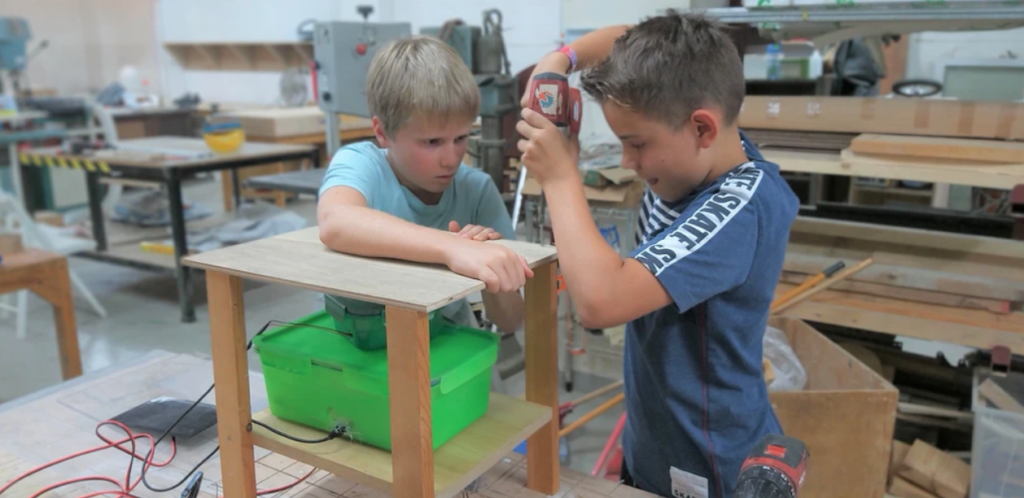
People ask us this question all the time. Ha, that’s an interesting question! We always like to ask them to give 3 hashtag to “Making” before we give our answer. It’s interesting to see what is the first impression of making that first come up to a person’s mind. Usually in the first and second hashtag, people put down keywords like #woodwork #craftmanship #metalwork #repair #tools #3Dprinting. Then things get interesting when comes to the third one, people come up with #learnfromfailure #problemsolving #Sharing etc. Actually, the concept of “Making” is still evolving, and there’s a movement about it. We are shaping the meaning of “Making”. What is my/ MakerBay’s answer to this question?
“Making is the act of creating something.” It’s been around forever. It’s not new. Our ancestors started making tools from Stone Age. And yet I’m excited about it. There’s a movement about it. There’s talk of it changing the world. Why is this so?
In the past, people need to rely on their hands to do making. They started to learn the basic skills, then take a lot of time, practice, and guidance from mentor to achieve a level of expertise to become a true craftsman. People are creative. People want to make. However skills acquisition has been a huge barrier. Yet, that’s changing. Thanks to the invention of computer and internet.
With computer, we can now use CAD software to design our creations to send to digital fabrication tools such as 3D printers, laser cutters or CNC machines to make prototype rapidly. It saves us a lot of time to iterate and improve our creations. Computer also enable us to program hardware like electronics to make an object smart. Internet even further enhance our experience in making. We can learn new skills on youtube, get inspirations from Pinterest, share lesson learnt and showcase projects in Instructables and GitHub etc. Making no longer is “making alone in your garage”, but Do-It-Together to take us further on the road to innovation.
The advancement of technology and world’s needs redefine Making. A broader meaning. “Making” gradually becomes a form of empowerment. Through “Making”, it fosters a mindset of “I Can” in a person, empowers people with technical know-how, and builds a community that support people who want to realize their imagination or to create solutions to solve problems in the world. We believe everyone has the potential to be a Maker.We believe everyone has the potential to be a “Maker”. Making is a form of empowerment comes together with maker mindset, technical skills and a community.
A maker mindset is a spirit of “I can”, in which you believe that nothing is impossible and you can take actions to make a difference. A maker also embrace ambiguity. We explore uncertainties, willing to figure out how to make things work. Making also foster a growth mindset. When we do making or creating something new, it is very likely you will fail at the beginning, a maker learn from failures and improve along the way. Makers not only understand the art of trial and error, they also share the process and lessons learnt to the community. You can find good examples of the sharing culture in various online maker community such as instructables.com, makershare.com, hackaday.io and arduino project hub.
Maker has technical skills. We learn how to use tools, understand how stuff works, and be resourceful to solve problems. A Maker may not need to reach the level of master craftsman, but we are referring to the technical know how. We take apart stuff to understand how it works (hacking! Reverse engineer! ). We repair stuff instead of throwing them in the bin. We look around us to see what resources we can use, for example, recycled materials, abandoned home appliances, natural materials. You will always surprised by how many useful materials are being junked in the garbage because it only has a mild faults in one of the parts. Understanding how stuff works, knowing how to use the appropriate tools, and where to get the resources, enable Makers to solve problems creatively.

Maker community cultivates a culture of sharing. As I mentioned above, sharing failures and lesson learnt help other makers avoid repeating the same mistakes or re-invent the wheels. The sharing culture is the engine for innovation. When people share their source code, blueprints and documentation, it is much easier to invite others to collaborate, modify, and redistribute. By the mid 2000s, the emergence of several major open-source hardware projects and companies, such as OpenCores, RepRap(3D printing), Arduino, Adafruit and SparkFun empower many makers to create diverse innovative projects. If you are interested to learn more about the open-source movement, you can check out the website of Open Source Hardware Association.

Photo: Open source hardware enable makers to create inventions that solve world’s problem, such as monitoring air quality.
A maker get inspired to imagine, create, and share. Making can be using wood or metal to make a piece of furniture, but it can be also applying design thinking to prototype solutions solving problems found in our communities . Making can be in many forms, for example, woodworking, cooking, art and craft, composing a song, making a film, sewing, writing a novel. So don’t limit yourself! Making is fun, satisfying and can be a strong tool to improve the world. Your imagination is the limit.

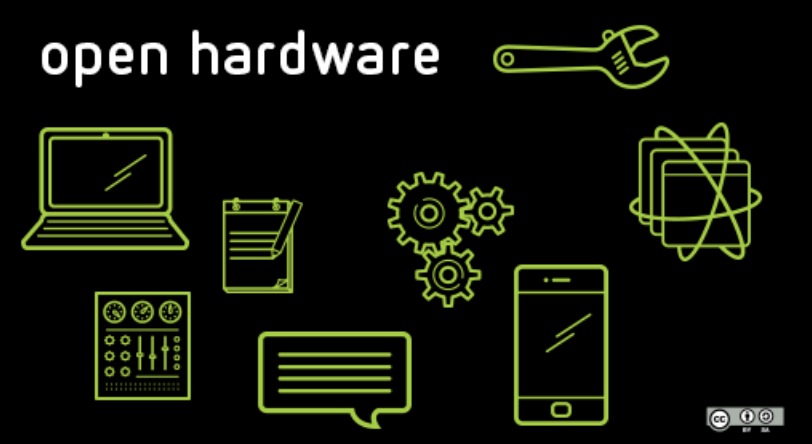
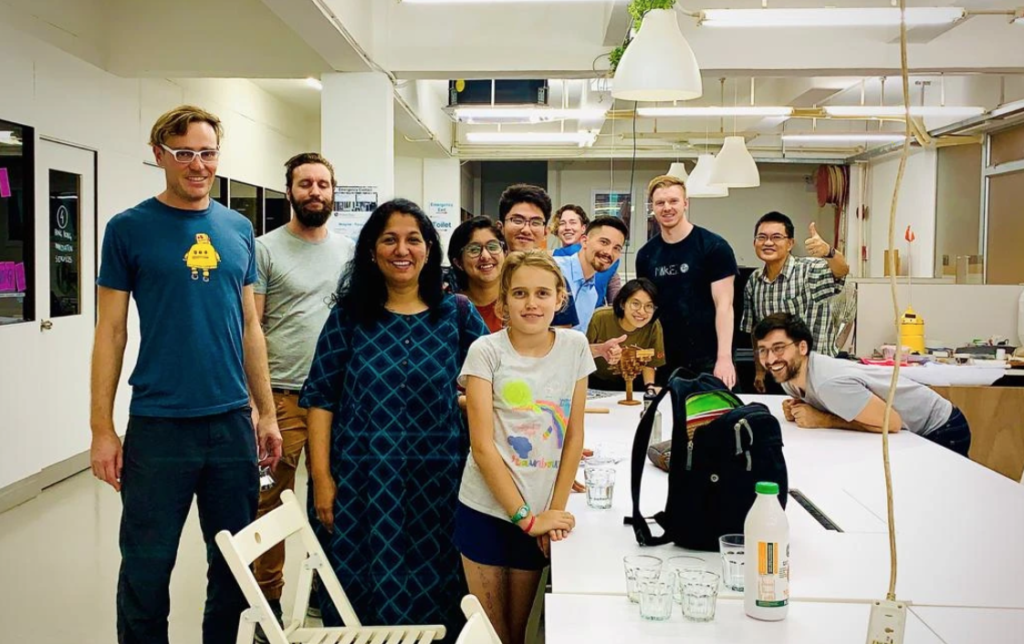
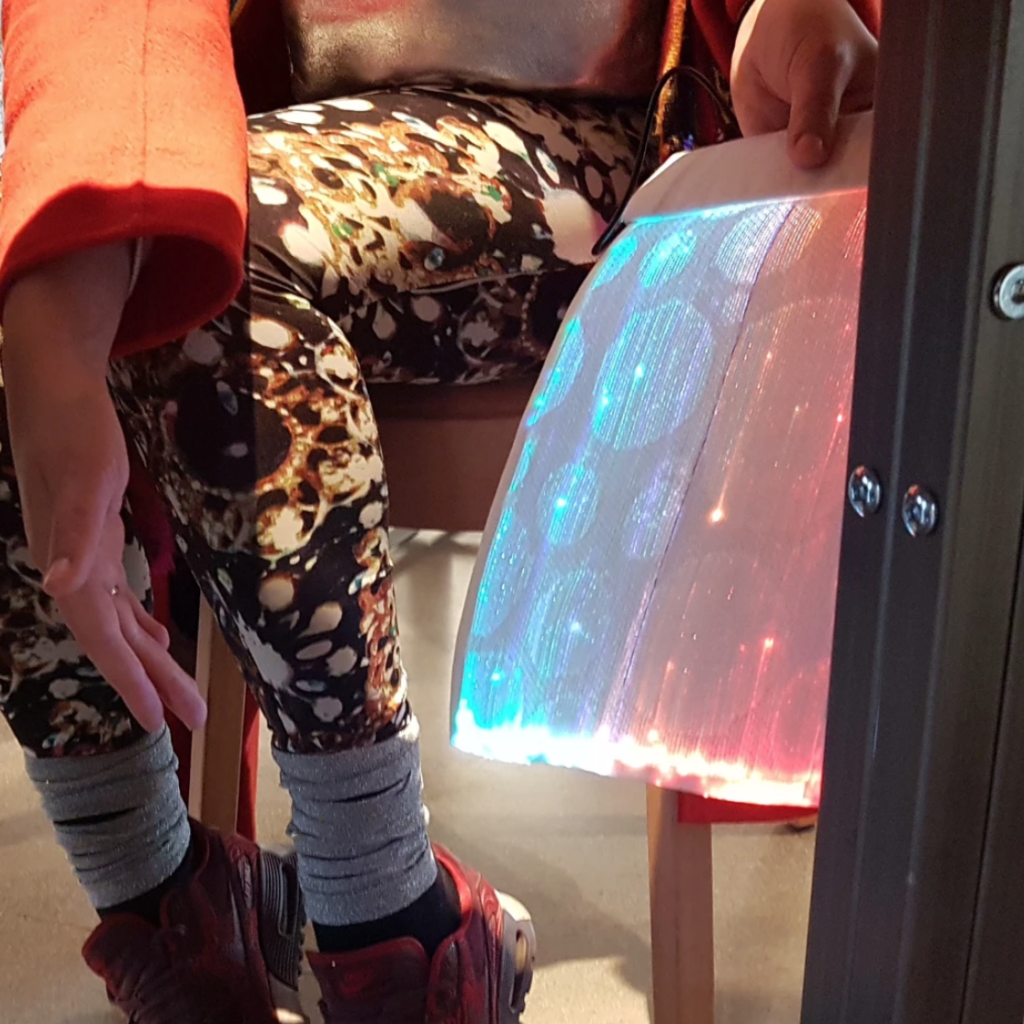
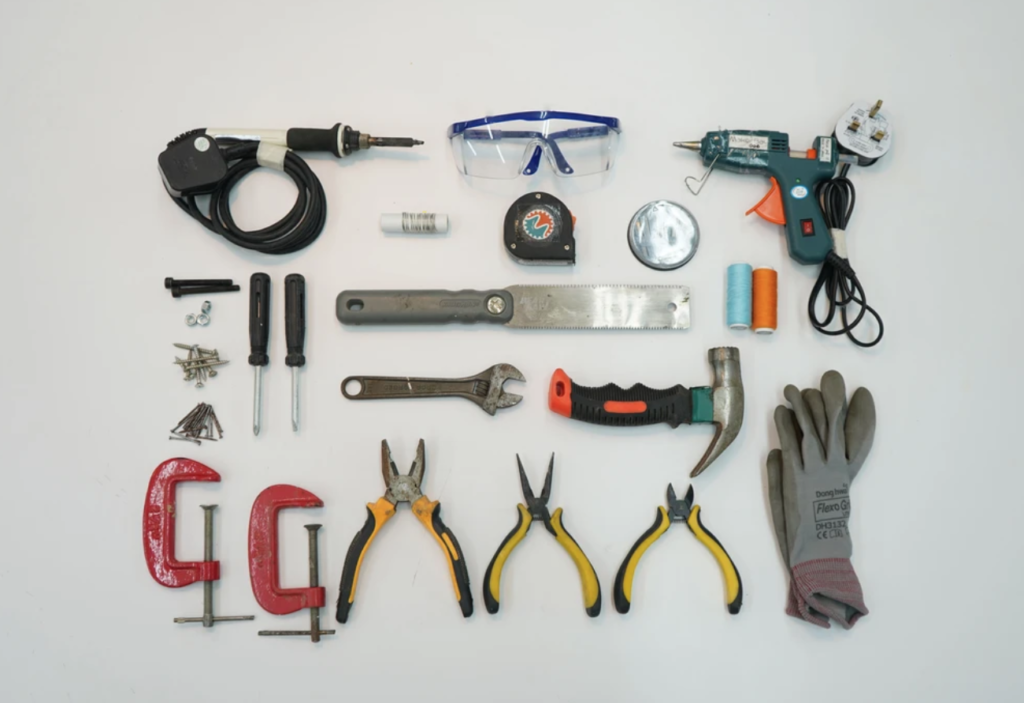
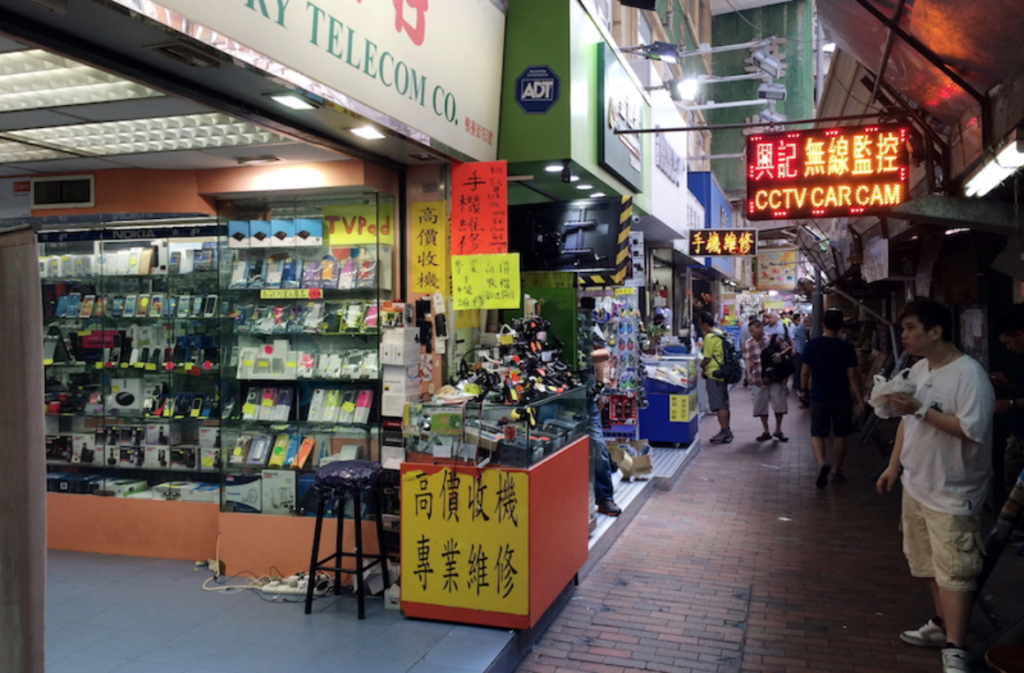

Responses